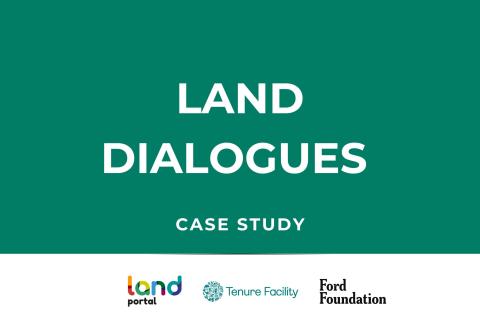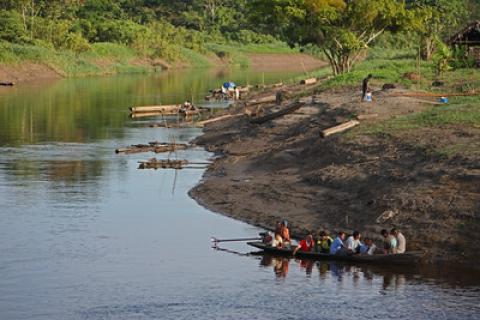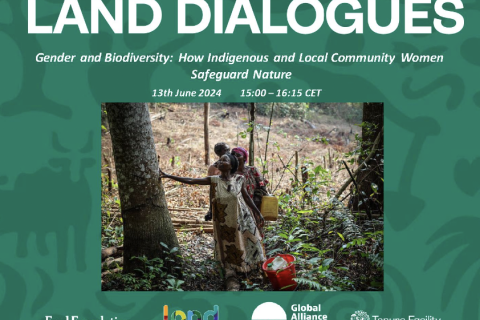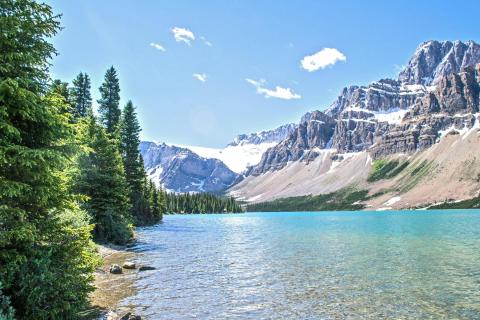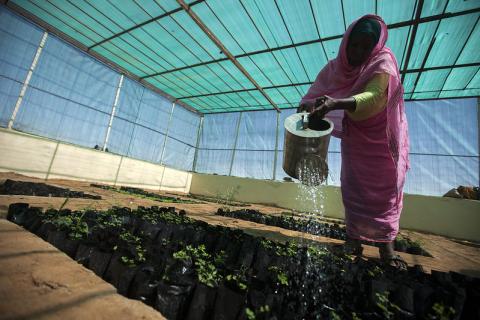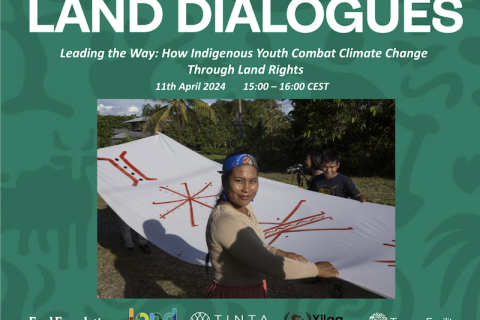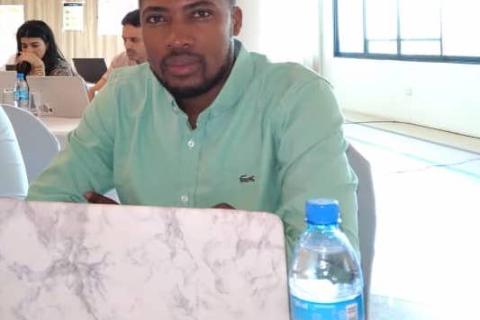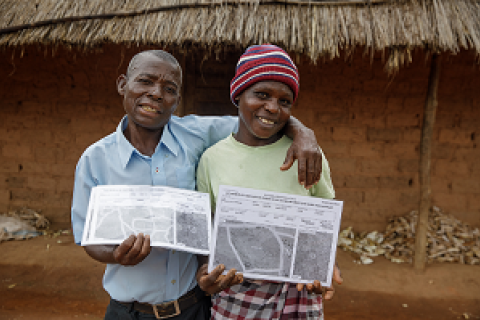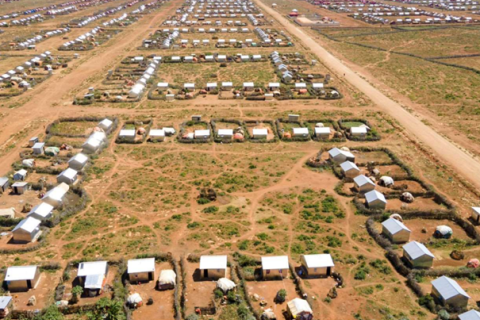Case study: What makes Land Dialogues a success?
The Land Dialogues nurture a community of trust with Indigenous peoples, local communities, and Afro-descendent peoples by producing webinars that bring unlikely voices and perspectives together.
Keynote Speech from Bram Büscher: Deepening Social Justice
Speaking truth to power is an art, but increasingly a lost art. This goes as much for academia as for the rest of the world. Indeed and unfortunately, much of academia reflects the world in which it functions and often makes the challenge of deepening social justice harder rather than smaller. To put it bluntly, much of academia has resorted to instrumental and naïve beliefs in innovation, technology and efficiency (which dominate the natural sciences) or (as in much of the social-economic sciences) increasingly arcane niche debates that too often revolve around virtue-signalling, methodological-theoretical wizardry or apolitical pragmatism. What we seem to have lost to a good degree – though to be sure: it was never a dominant endeavour and at the same time it has never been absent either – is the art of speaking truth to power.
Webinar recap : Gender, Biodiversity and How Indigenous and Local Community Women Safeguard Nature
Under the umbrella of the Land Dialogues series, the first webinar of this year’s series “Gender and Biodiversity : How Indigenous and Local Community Women Safeguard Nature” took place on June 13th, 2024. The webinar drew in a little over 300 participants and featured Indigenous and local community leaders from around the world. The series is organized by a consortium of organizations, including the Land Portal Foundation, the Ford Foundation and the Tenure Facility and this particular webinar was organized in collaboration with the GATC.
Unlocking the Power of Open Data for Climate Action
Imagine a world where every community has the data, information and knowledge it needs to make informed decisions about the land they call home. A world where the power of information is harnessed to hold leaders accountable for managing essential natural resources sustainably. This is the transformative potential of open and accessible land data in the fight against climate change, which is the defining challenge of our time, threatening the lives and livelihoods of communities worldwide.
Incorporating Climate Considerations Into Investment Assessment Processes: Guidance for National and Local Governments
Climate change poses an existential threat to ecosystems, with potentially far-reaching impacts on agriculture, forestry, wind and solar energy, and other land-based investments. These investments can also further exacerbate detrimental climate change impacts if they are not sustainably implemented.
Webinar Recap : Leading the Way How Indigenous Youth Combat Climate Change Through Land Rights
Under the umbrella of the Land Dialogues series, the first webinar of this year’s series “Leading the Way : How Indigenous Youth Combat Climate Change Through Land Rights” took place on April 11th, 2024. The webinar drew in a little over 200 participants and featured young Indigenous and local community leaders from around the world. The series is organized by a consortium of organizations, including the Land Portal Foundation, the Ford Foundation and the Tenure Facility and this particular webinar was organized by organization YILAA and TINTA.
Addressing Urban Governance and Environmental Challenges in Buea: A Policy Brief for the Local Community
Buea, a picturesque city in the foothills of Mount Cameroon, is experiencing rapid urban development in the region. However, the town faces a number of urban governance and environmental challenges such as poor waste management, deforestation and poor air quality amongst others that demand urgent attention. Recognizing the critical importance of addressing these challenges, this policy brief aims to highlight the complexities of urban governance and environmental management in Buea.
Scaling Community Land Rights Certification in Municipal Areas of Mozambique: the launch of a new LAND-at-scale project
Terra Firma and the Netherlands Enterprise Agency (RVO) are pleased to announce the launch of a new LAND-at-scale project: Scaling Community Land Rights Certification in Municipal Areas of Mozambique. The project started implementation this month (February 2024) in the rural hinterlands of four municipalities in Manica, Sofala and Zambezia provinces.
Reflection on LAND-at-scale side-event at CLPA 2023: Climate-Resilient Land Use Planning as a Tool for Addressing Land Degradation
During the Conference for Land Policy in Africa (CLPA) which took place in Addis Ababa in November 2023, LAND-at-scale organised the side-event ''Climate-Resilient Land Use Planning as a Tool for Addressing Land Degradation''. The LAND-at-scale (LAS) project partners and their government constituencies from Mozambique, Rwanda and Uganda participated in person. The set-up of the session was dynamic with each country first ‘pitching’ how land use planning processes were important in their LAS interventions, and then the government representatives adding to that a perspective from government. In each of the countries, the LAS partners consisting of NGOs and UN organizations, work closely with national or district land use planning officers of the government in carrying out project activities.
Understanding the link between Climate & LAND-at-scale country projects - Sustainable Solutions for Rural-Urban Migrants in Baidoa, Somalia
As part of a scoping study titled Land Governance for Climate Resilience: A review and case studies from LAND-at-scale projects headed by Richard Sliuzas, Emeritus Professor, University of Twente, IOM explored how climate plays a role in the UN-led Saameynta Joint Programme in Somalia. In this context, climate change is increasingly recognized as a multiplier of insecurity and fragility, where climate-related sudden and slow-onset disasters are driving people to leave their land and migrate. While migrating allows people to find alternative livelihoods and enhance their climate resilience, it can also be associated with instances of maladaptation to climate change. As such, this case highlights durable solutions in climate-driven urban sprawl in Baidoa.


